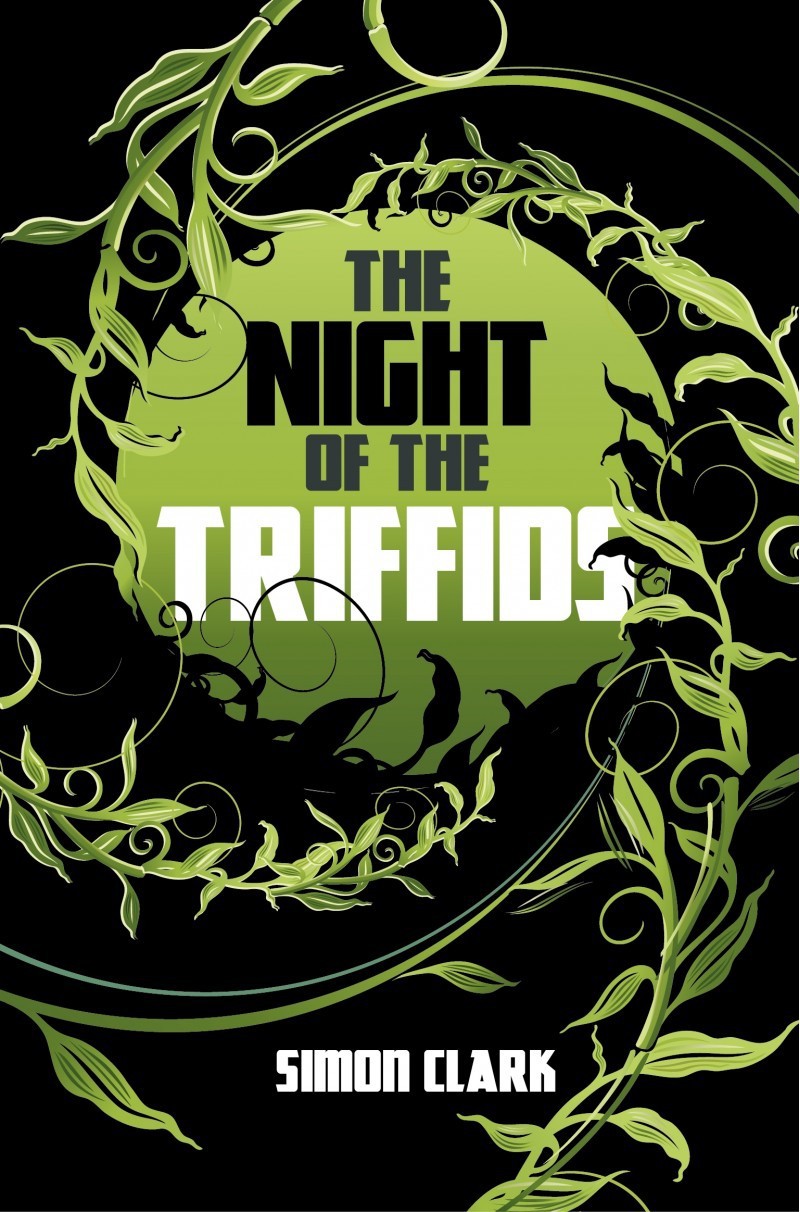
The Night of the Triffids (sequel) PDF
Preview The Night of the Triffids (sequel)
In John Wyndham's classic bestsellerThe Day of the Triffids the world has been overwhelmed by killer plants that have blinded almost the entire population. As the novel ends, Wyndham's narrator scientist Bill Masen is escaping, with his wife and four-year-old son, to the Isle of Wight where a small colony of survivors is holding out. Simon Clark's sequels picks up the story twenty-five years on. The survivors are safe, for the time being at least, on their island, where they have continued efforts to combat the triffids, while also striving in various ways to build a new civilization , in a Mother House, for example, women spend their lives endlessly giving birth. Elsewhere in the world, similar colonies cling to survival, while the triffids persist in their attempts to destroy humanity. One morning Bill Masen?s son, David, now grown up, wakes to a world plunged into darkness. Now, the triffids have an advantage over even sighted humanity. Simon Clark has written an inventive and fast-moving sequel to Wyndham?s story, crafting an elegant and scary tale of humanity's ongoing fightback against the triffids.
From Publishers WeeklyIn John Wyndham's The Day of the Triffids (1951), mankind is overtaken-and much of it blinded-by the demonic walking plant of the title, a monster created in a lab in an act of Cold War profiteering. Clark (Vampyrrhic, etc.) picks up the story more than 25 years later, puts a new narrator at the helm and spins a brisk and engaging adventure-cum-horror yarn. Clark's narrator is David Masen, son of scientist Bill Masen (the protagonist from Wyndham's book). The Masen family, along with a handful of other survivors, has set up an outpost on the Isle of Wight, and have gone about rebuilding society. A major part of this renewal involves a particularly bizarre idea called the Mother House, a convent-like home where women spend their lives giving birth over and over again. All seems well, until one morning when the sun doesn't rise and the triffids, long thought condemned to the mainland, attack. Clearly marketed as a genre horror title, this crafty continuation is elegant in its construction. Clark's prose is clean, thoughtful and perfectly suited to his faux doomsday-memoir approach. Less cautionary than the original, but more literary than many books of its ilk, this is a truly enjoyable voyage.Awards-one for The Night of the Triffids and one for the short story "Goblin City Lights."
Copyright 2002 Reed Business Information, Inc.
A quarter of a century after an invasion by the deadly alien plants known as triffids blinded most of the world's human population and caused the collapse of civilization, only a small colony of survivors on the Isle of Wight continues to preserve what they can of society and culture. When a new phenomenon arises, resulting in the darkening of the atmosphere, pilot David Masen, the son of the colony's founder, sets out to discover the source of the problem-and encounters a new group of technologically advanced survivors from across the Atlantic. Continuing the classic tale of alien invasion begun 25 years ago in John Wyndham's The Day of the Triffids, Clark envisions a world poised to fight back against their invaders. Winner of the 2002 British Fantasy Award for Best Novel, he retains a feel for sf pulp horror in an action-filled tale that captures the spirit of the original story. Recommended for most sf collections.
Copyright 2002 Reed Business Information, Inc.
